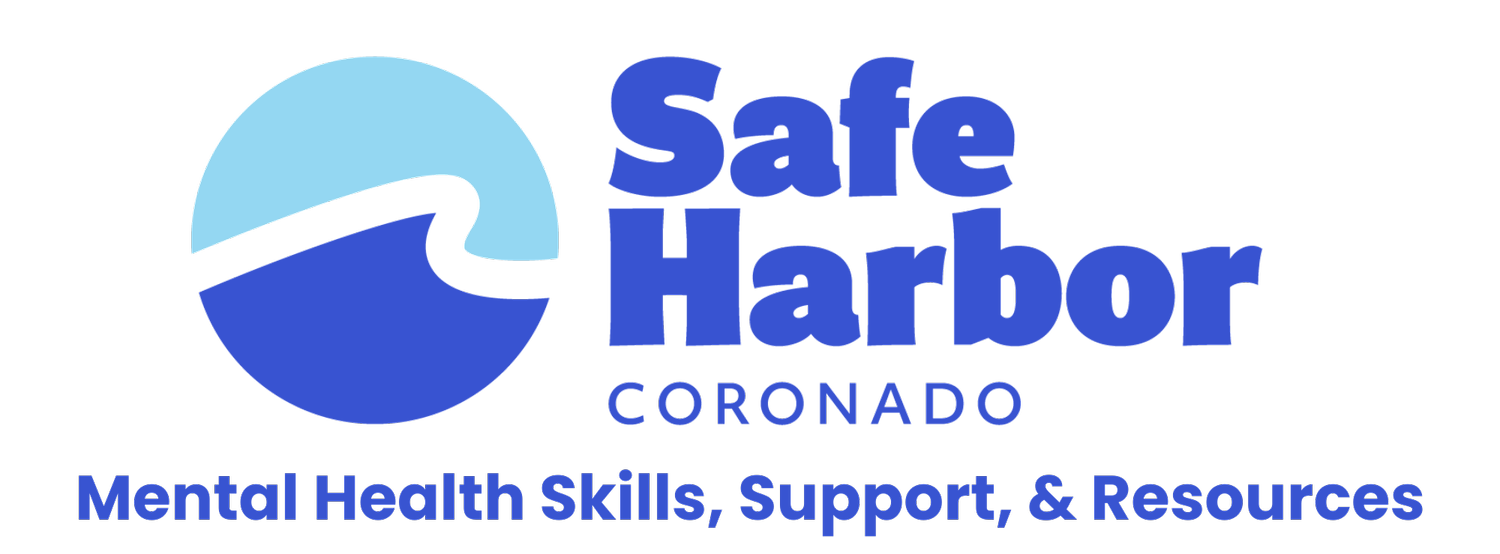Tips & Tools to Help with Anxiety
Tips for Parents to help your child's anxiety
Pay attention to your child’s feelings
Stay calm when your child becomes anxious about a situation or event
Recognize and praise small accomplishments
Don’t punish mistakes or lack of progress
Be flexible and try to maintain a normal routine.
Modify expectations during stressful periods
Plan for transition (ex: allow extra time in the morning if getting to school is difficult)
Tips for everyone to help manage your anxiety
Getting a checkup (this ensures that something else is not causing the symptoms)
Get regular exercise, nutrition, and good sleep: your body will not function properly if you don’t help maintain it
Avoid stimulants like caffeine and energy drinks
Learn and identify your triggers - situations or things that you know make you anxious
Identify and state the emotions your are feeling
Little things to keep in mind
Everyone gets anxious from time to time, it’s okay
Practicing meditation, breathing, yoga, visualizations - all can help build mindfulness and reduce anxiety
If you feel your thoughts becoming clustered or the beginning stages of anxiety increasing, get up and move for 5-10 minutes (take your thoughts and body somewhere new, even briefly to distract your thoughts)
Symptoms of Anxiety
Feeling Restless
Intrusive Thoughts
Anticipating the Worst Outcomes
Difficulty Concentration
Irritability
Muscle Pain
Difficulty Sleeping
Excessive concerns & Worries about Usual Situations
statistics
Anxiety disorders are the most common mental illness in the U.S., affecting over 40 million adults a year or 18.1%.
Its prevalence in children has risen greatly due to COVID-19 with 20% of youth experiencing anxiety symptoms - doubling since the pandemic started.
According to the CDC, 7.1% of children aged 3-17 (approximately 1.9 million) in the U.S. have diagnosed anxiety.
Additional Resources
Anxiety Disorders, National Alliance on Mental Illness:
What is Social Anxiety, Child Mind Institute
How to use Meditation to Reduce Anxiety, Cleveland Clinic
What to Do (and Not Do) When Children are Anxious, Child Mind Institute
Information from: Mental Health America, Center for Disease Control, National Institute of Mental Health, National Alliance on Mental Illness, & Child Mind Institude.

